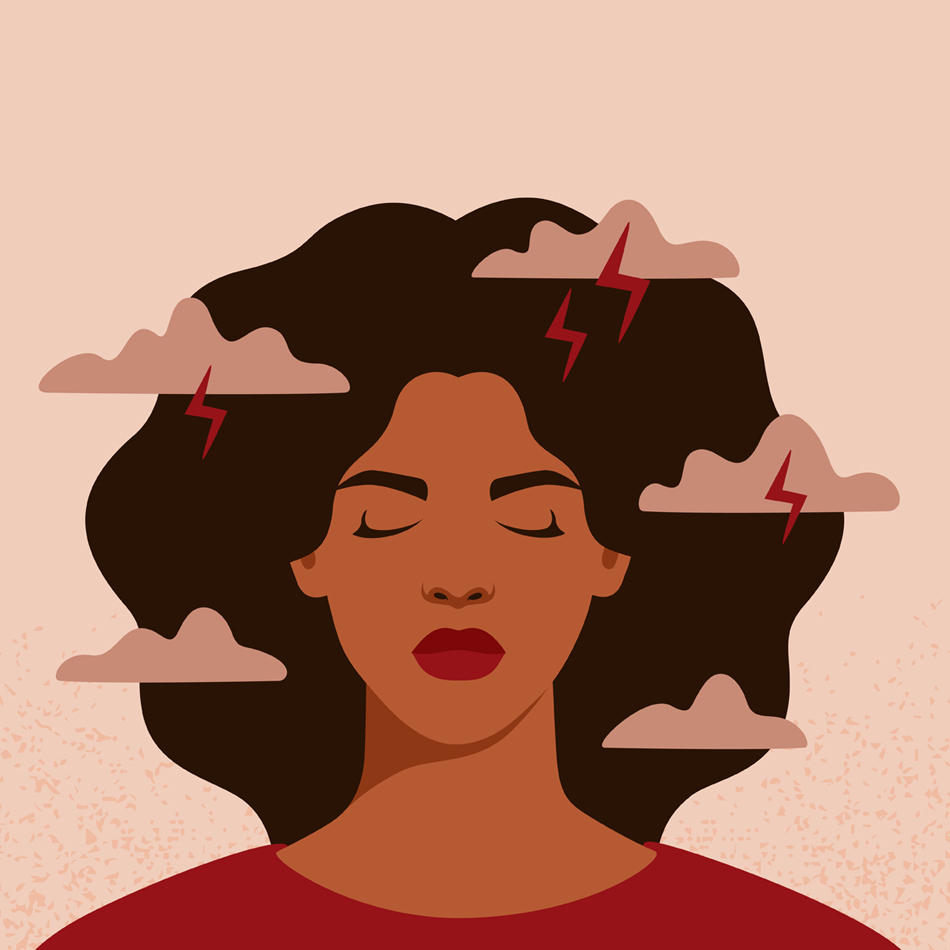
5 facts about perinatal unwanted intrusive thoughts.
Perinatal unwanted intrusive thoughts (UITs) are a specific type of unwanted intrusive thoughts that occur during pregnancy and the postpartum period. These thoughts can be distressing and intrusive, and can range from fears about the health and safety of the baby, to concerns about the mother’s ability to care for the baby, to intrusive images of harm coming to the baby.
1. Unwanted Intrusive Thoughts are Common
They are common during the postpartum period and affect approximately 80% of new mothers. They can include disturbing images or thoughts about harming oneself or one’s baby, although these thoughts do not reflect a desire to act on them and can cause significant anxiety and distress.
2. It’s Not Your Fault
UITs are not a reflection of a person’s character or values, and they are not indicative of mental illness. They are a symptom of anxiety and can be caused by hormonal changes, lack of sleep, and the stress of caring for a new baby. It is important to note that perinatal unwanted intrusive thoughts do not mean that a woman is a bad mother or that she will act on these thoughts.
3. Seeking Help is Important
If UITs are causing significant distress, seeking help from a healthcare professional is important. A therapist or psychiatrist can help develop coping strategies and, if necessary, provide medication to alleviate symptoms.
4. Treatment is Effective:
Treatment for UITs is effective, and most women who seek help are able to manage their symptoms successfully. Treatment may involve cognitive-behavioural therapy, mindfulness-based therapy, medication, or a combination of 2 or more approaches.
5. Self-Care is Essential:
In addition to seeking professional help, self-care is essential for managing UITs. This includes getting enough sleep, eating a healthy diet, exercising, and taking time for oneself. It’s also important to ask for help from friends and family when needed and to prioritise activities that bring joy and relaxation.

